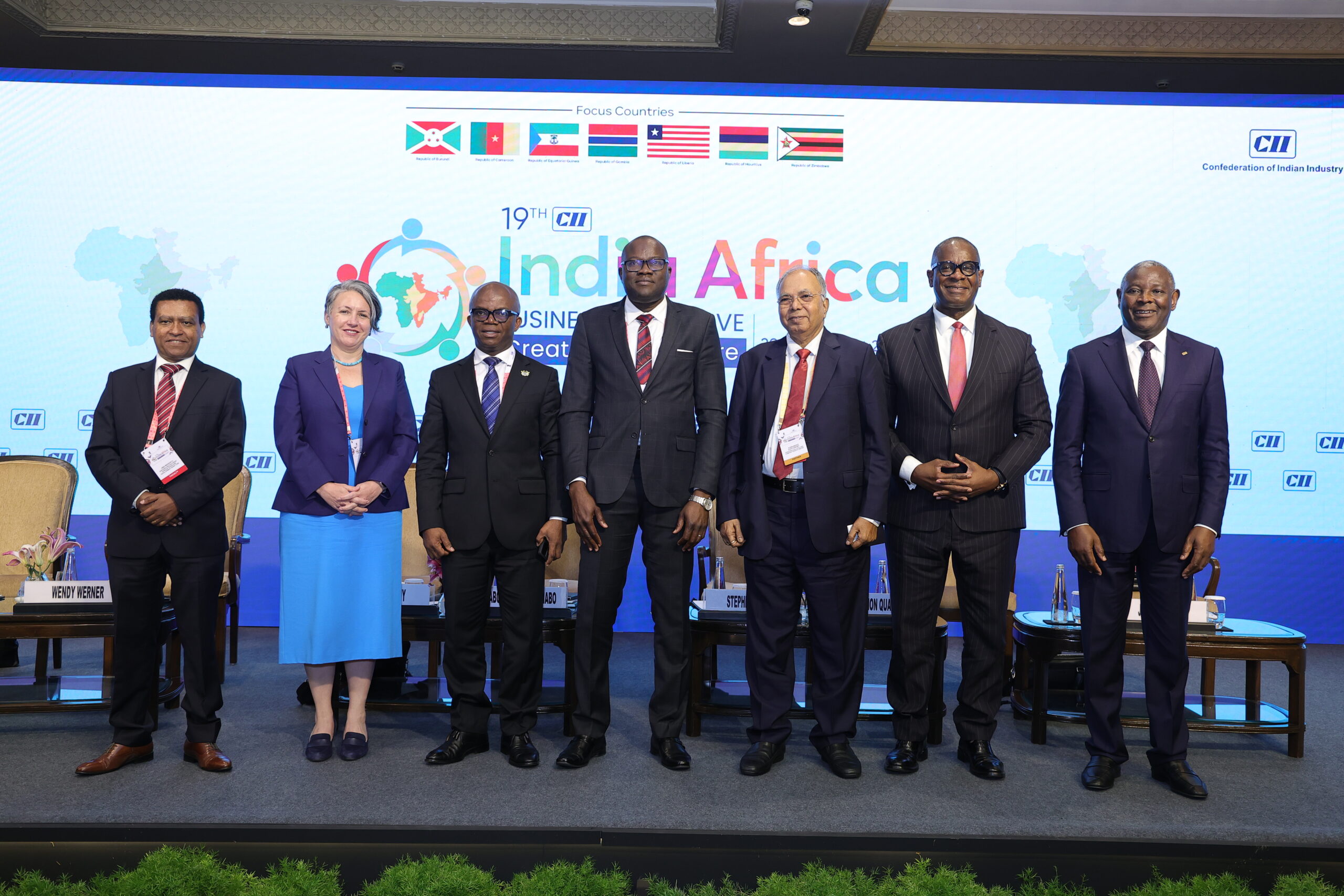
Mr. Emmanuel Omoke, Abuja Chapter President of ISACA delivering his paper at the FIRS Headquarters, Abuja
In 2022 alone, global economy lost $7 trillion due to breaches occasioned by cybercrimes. This is as average cost of a single cyber breach could cost as much as $4.25million and the effect could be devastating for the global economy, the Abuja Chapter President of the Information System Audit and Control Association, Mr. Emmanuel Omoke has warned.
Omoke made these revelations in Abuja on Wednesday in a paper he presented to mark the 2023 Information Security Week at the Federal Inland Revenue Service (FIRS).
In his lecture titled: Mitigating Insider and Outsider Threats to Information Security, Omoke urged organisations, both public and private to take the issue of information security serious as a little negligence could cost a fortune.
In his presentation, the information security expert revealed that Insider Threats to information security is always higher, accounting for about 22 percent of all threats. This he explained comes from activities of disgruntled employees of an organisation. According to him, external hackers account for about 14 percent of all threats while syndicates account for six percent.
“Cybercrimes cost the global economy as much as $7 trillion in 2022. Average cost of cyber breach is $4.25million. cybercrime is now ranked third largest economy behind United States and China, according to the World Economy Forum (WEF).
“Hackers are always associated with individuals who possess technical skills and knowledge related to computer systems and networks, but their interest and intentions can vary widely”, he said.
He enumerated types of hackers to include: White hackers, Black hackers, Grey hackers, Script kiddies, State sponsored hackers, Malware authors, Phreakers, Social engineers and Hacktivists.
“The term Hacktivism, that is Hack+activism refers to hacking into computer systems socially or politically motivated reasons. The targets of hacktivists are political groups, religious groups, social movements, big corporations and government organisations. Their motivations include to teach the targeted group a lesson and really get their attention and to provoke, question and challenge organisations or groups that represent moral values that conflict with their own”, he added.
Omoke emphasized that organisations should pay greater attention to insider threats as well as the outsider threats as their costs could be massive.

Mr. Omoke, first from right, and other guests at the FIRS Headquarters in Abuja
“Cost of threats include the worth of lost data, damage to equipment, loss of money, cost of fixing vulnerability that was exploited, loss of revenue from downtime, loss of revenue due to loss of customer trust and company image, legal fees and court costs as well as considerations related to restitution to customers, injury, death and national security”, he said.




Recent Comments